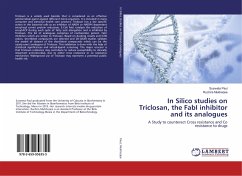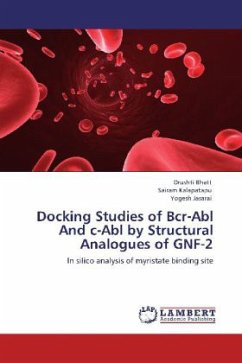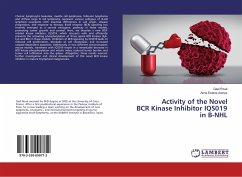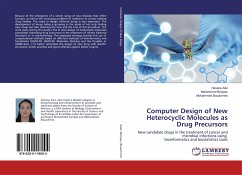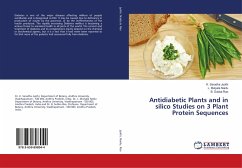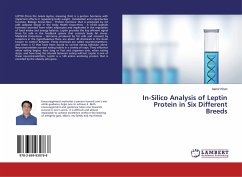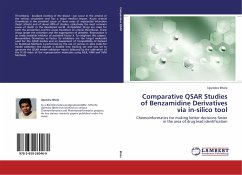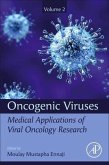Triclosan is a widely used biocide that is considered as an effective antimicrobial agent against different micro-organism. It is included in many consumer and personal health care product. Triclosan has a site specific action in the bacterial cells as an inhibitor of NADH or NADPH dependent enoyl-acyl carrier protein reductase. E.Coli FabI catalysis the reduction of enoyl-ACP during each cycle of fatty acid elongation and is inhibited by Triclosan. The list of analogues comprises of nonbiocidal, potent, FabI inhibitors which are similar to Triclosan. Based on docking results and IC50 values, shortlisted compounds are selected and 2D-QSAR studies validate the model of dataset of the shortlisted compounds which can be the nearly exact analogues of Triclosan. This validation is done with the help of statistical significances and virtual-ligand screening. The major concern is that Triclosan resistance may contribute to reduce susceptibility to clinically important anti-microbial, due to either cross resistance or co resistance mechanism. Widespread use of Triclosan may represent a potential public health risk
Bitte wählen Sie Ihr Anliegen aus.
Rechnungen
Retourenschein anfordern
Bestellstatus
Storno

